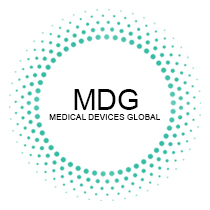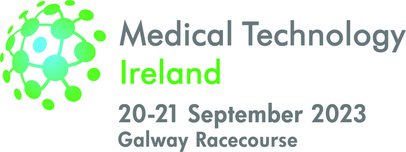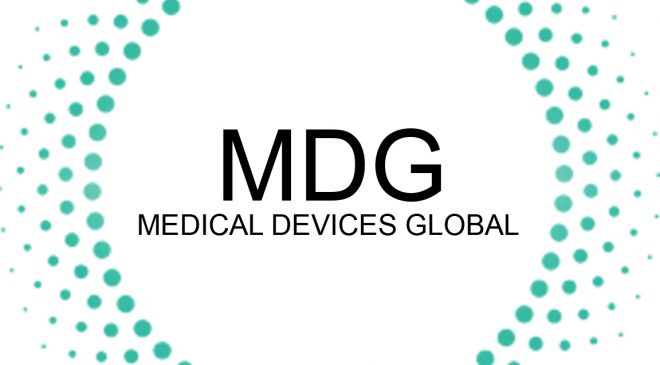In 2023, the healthcare industry is witnessing a groundbreaking transformation with the integration of artificial intelligence (AI) into medical devices. One particular innovation that stands out is the AI-enhanced ultrasound device, which is revolutionizing medical imaging, diagnostics, and patient care.
This cutting-edge technology combines the power of ultrasound imaging with intelligent algorithms, paving the way for more accurate diagnoses, efficient workflows, and improved treatment outcomes. Let’s delve into some of the remarkable advancements and news surrounding AI-powered ultrasound devices in 2023.
- Enhanced Imaging Precision and Speed:
AI-powered ultrasound devices have proven to be game-changers in terms of imaging accuracy and efficiency. Recent studies have demonstrated that these devices can significantly reduce interpretation errors by automatically detecting and highlighting subtle abnormalities in real-time.
Moreover, AI algorithms are capable of assisting in the identification of specific anatomical structures, streamlining the diagnostic process and enabling healthcare professionals to make informed decisions swiftly.
- AI-Driven Diagnostics:
The application of AI in ultrasound devices has led to the development of advanced diagnostic support systems. These systems leverage machine learning algorithms trained on vast amounts of medical data, providing valuable insights to healthcare practitioners.
In 2023, we have seen an increasing number of medical professionals relying on AI-generated diagnostic suggestions to enhance their accuracy and speed in interpreting ultrasound images, particularly in areas such as cardiology, obstetrics, and oncology.
- Remote Ultrasound Examinations:
The integration of AI with ultrasound devices has opened up new possibilities for remote healthcare services. In 2023, several companies have unveiled portable AI-enhanced ultrasound devices that can be operated by non-experts in remote locations.
This innovation has been instrumental in providing timely and accurate diagnoses to underserved communities and remote regions with limited access to specialized medical facilities.
- AI-Guided Interventions:
AI-powered ultrasound devices are revolutionizing medical procedures by offering real-time guidance to healthcare professionals during interventions. In 2023, researchers and medical practitioners have achieved remarkable success in using AI algorithms to precisely target tissues during biopsies, injections, and other minimally invasive procedures.
The integration of AI guidance has not only improved the success rates of these procedures but also minimized potential complications, ultimately leading to better patient outcomes.
- Streamlined Workflow and Time Savings:
Efficiency gains are evident in healthcare facilities adopting AI-enhanced ultrasound devices. The automation of routine tasks, such as measurement calculations and image analysis, has substantially reduced the time required for examinations. In 2023, medical practitioners have reported more streamlined workflows, allowing them to see more patients and allocate their time and expertise more effectively.
- Improved Accessibility and Affordability:
As AI-powered ultrasound devices continue to mature, their accessibility and affordability have significantly improved. In 2023, we have seen increased adoption of these devices in both developed and developing regions, making high-quality medical imaging and diagnostics accessible to a broader patient population.
Moreover, the reduced dependency on expert operators has positively impacted the cost of ultrasound services, ensuring more equitable healthcare delivery.
In Conclusion:
In 2023, AI-enhanced ultrasound devices have emerged as a transformative force in the healthcare industry. The integration of AI algorithms with ultrasound technology has led to enhanced imaging precision, efficient workflows, and improved patient care.
With AI-driven diagnostics, remote ultrasound examinations, and AI-guided interventions becoming a reality, we can expect these innovations to revolutionize medical imaging and positively impact healthcare outcomes for years to come.
As this technology continues to evolve, we anticipate even more ground breaking advancements that will further solidify the role of AI in shaping the future of medical diagnostics and treatment.



